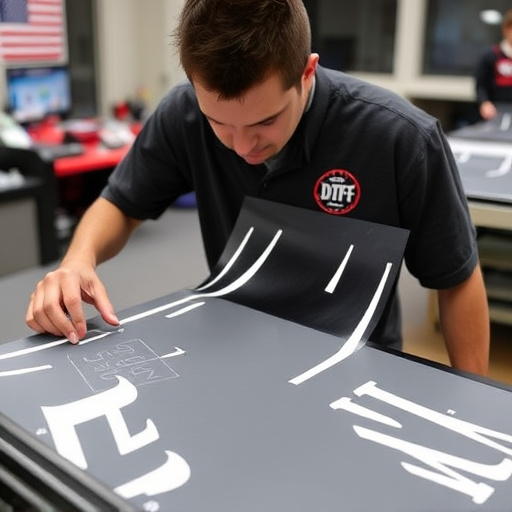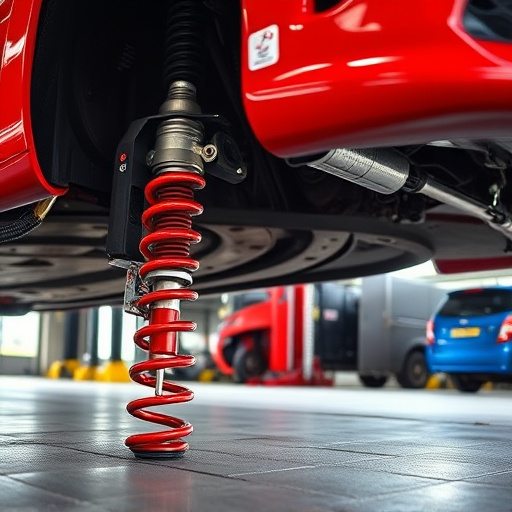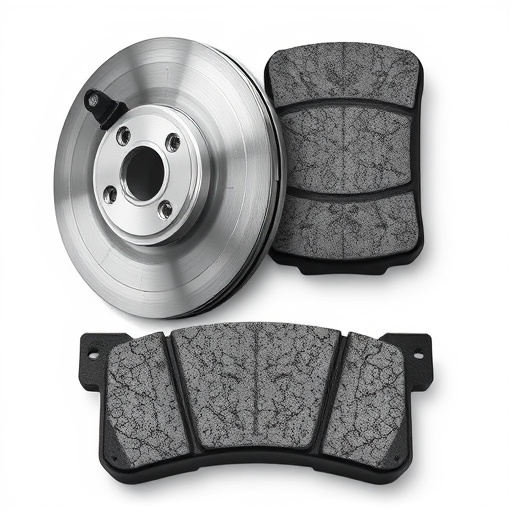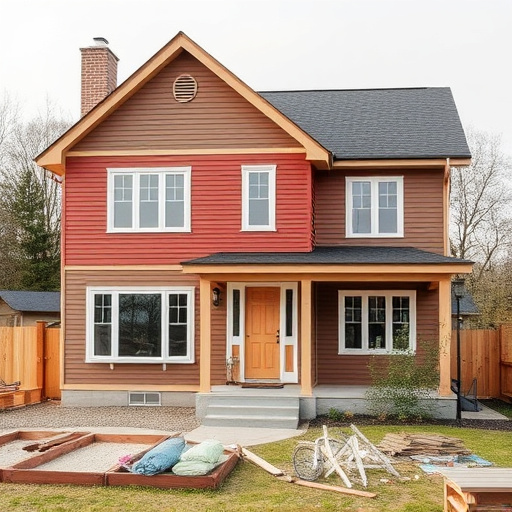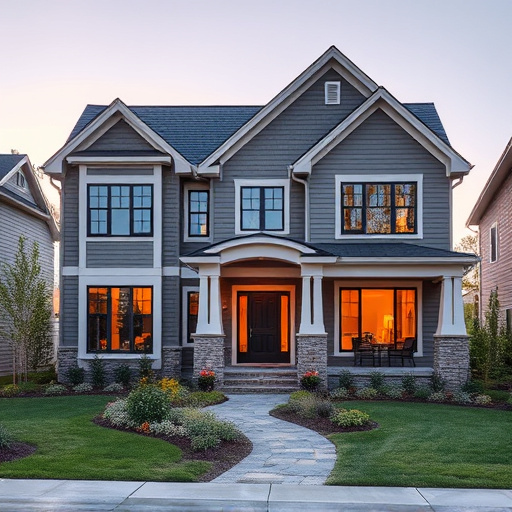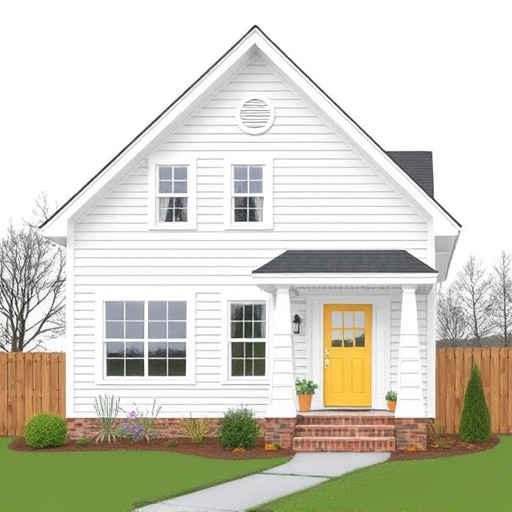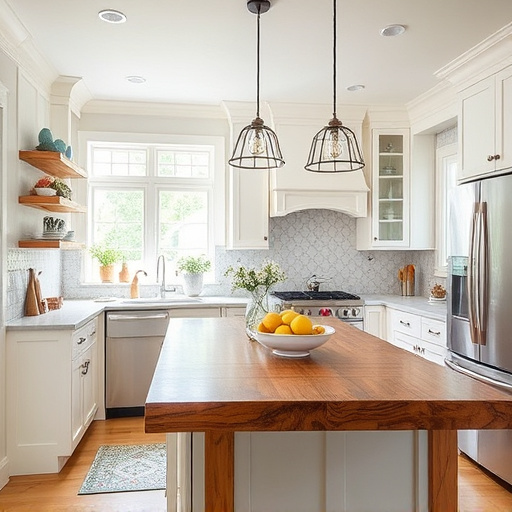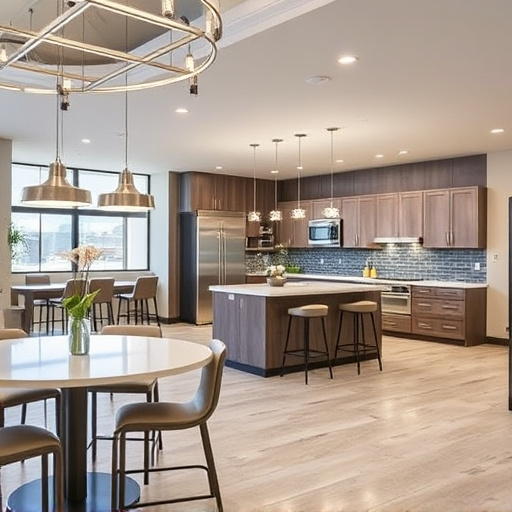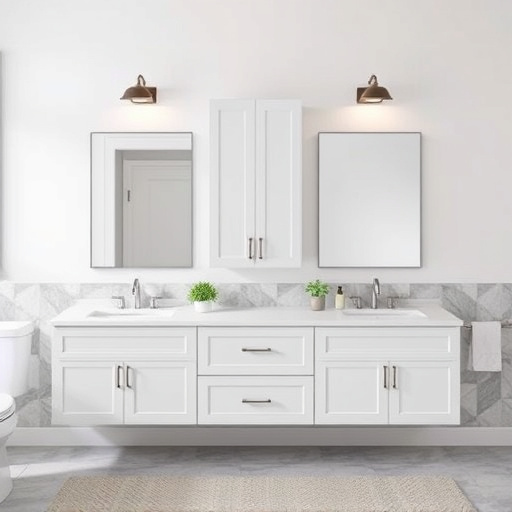Building custom homes offers homeowners the chance to create tailored living spaces that perfectly match their individual needs and preferences. To ensure exceptional results, meticulous quality control and regular inspections are crucial throughout the construction process. These measures prevent issues, facilitate continuous improvement, and safeguard against costly repairs, ultimately leading to a successful and satisfying ownership experience. Best practices involve thorough checks at every stage, from foundational integrity to final touches, ensuring structural soundness, functional systems, and high-quality finishes. Maintaining detailed records promotes transparency and effective communication, fostering a positive journey for homeowners.
Custom homes inspections and quality control are essential aspects of crafting exceptional, tailored living spaces. Building a custom home involves a unique process, from initial design to final completion, requiring meticulous attention to detail. This article explores the critical role of inspections at various stages, ensuring structural integrity, aesthetic appeal, and functional excellence. We’ll uncover how these processes enhance homeowner satisfaction and provide best practices for a seamless, stress-free journey into custom homeownership.
- Understanding Custom Homes: The Unique Building Process
- The Role of Inspections and Quality Control in Ensuring Satisfaction
- Benefits and Best Practices for a Seamless Homeownership Journey
Understanding Custom Homes: The Unique Building Process
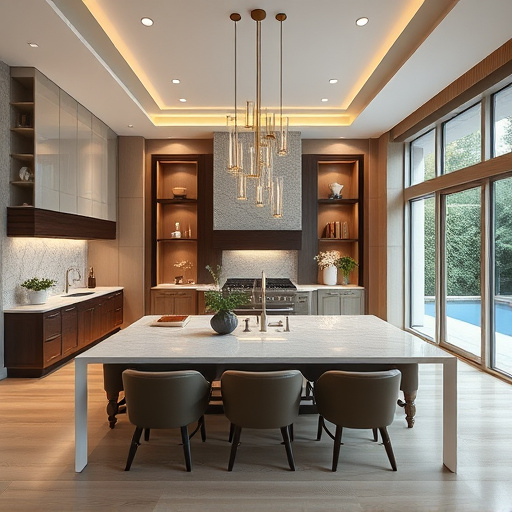
Custom homes are not your standard construction projects. They involve a unique building process where homeowners often work closely with architects and builders to design and create a home that perfectly aligns with their vision and needs. This personalized approach means every detail is considered, from floor plans tailored to family dynamics to specialized features catering to specific interests—whether it’s an in-home office for remote workers or a custom kitchen for the passionate chef.
This level of customization requires careful navigation throughout the construction process. Regular inspections and quality control checks are vital to ensure that every aspect of the build meets the high standards set by the homeowner. From ensuring precise measurements during foundation laying to verifying the quality of materials used in bathroom renovations or exterior painting, these steps safeguard against potential issues and ensure the final product is a reflection of the original vision—a truly exceptional custom home.
The Role of Inspections and Quality Control in Ensuring Satisfaction
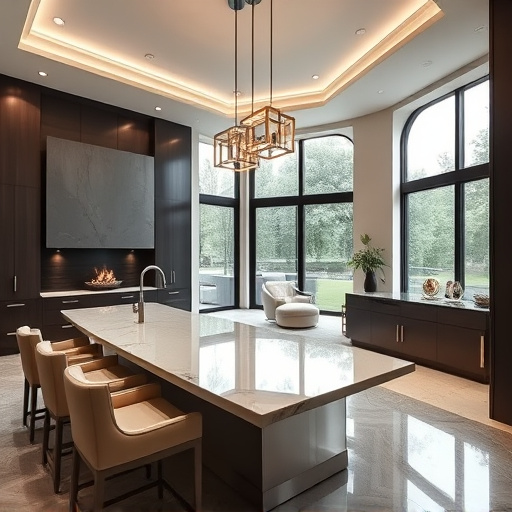
Investing in a custom home is a significant decision, and ensuring its quality is paramount to long-term satisfaction. Inspections and quality control play a pivotal role in this process, acting as safeguards against potential issues that may arise during construction or even after completion. Regular inspections allow for early detection of problems, from structural defects to aesthetic concerns, enabling timely correction.
This proactive approach ensures that the final product aligns with the homeowner’s expectations. For instance, thorough checks during a custom home renovation or remodeling project can prevent costly repairs down the line. It also facilitates continuous improvement, as builders and designers can adapt based on feedback received during quality control stages, ensuring every aspect of the multiple room remodel meets the desired standards.
Benefits and Best Practices for a Seamless Homeownership Journey
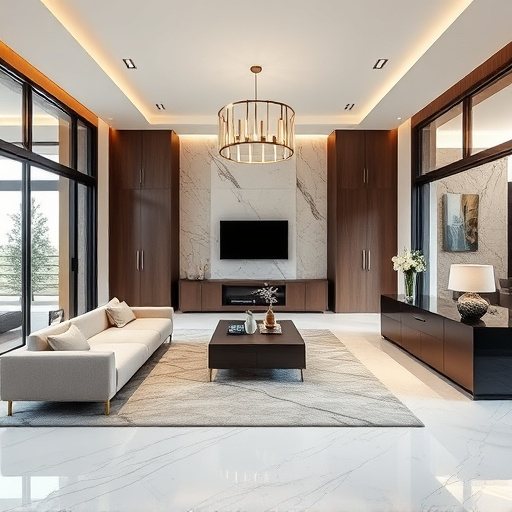
Investing in a custom home offers homeowners a unique opportunity to create their dream space tailored to their preferences and needs. However, ensuring a seamless ownership experience requires careful planning and attention to detail, especially during construction. Regular inspections and quality control measures are pivotal for achieving this goal. By implementing best practices, builders and future owners can avoid costly repairs and ensure the home meets the highest standards of craftsmanship.
These processes involve meticulous checks at each stage of construction, from foundational integrity to the final touches on exterior painting and residential renovations. For instance, inspections should assess structural soundness, electrical and plumbing systems’ functionality, and the overall quality of finishes in whole house remodels. Addressing issues early prevents future complications and ensures the home’s longevity. Additionally, maintaining detailed records of these processes fosters transparency and facilitates effective communication between builders, contractors, and homeowners, ultimately contributing to a positive and stress-free ownership journey.
Custom homes offer a unique opportunity for homeowners to create their dream spaces, but the intricate building process demands meticulous attention. Regular inspections and quality control are non-negotiable; they ensure the final product meets expectations and identifies potential issues early on. By prioritizing these steps, homeowners can enjoy a seamless ownership experience, achieving the perfect balance between personalization and peace of mind. Investing in professional inspections for custom homes is a strategic move towards a durable and satisfying living environment.

